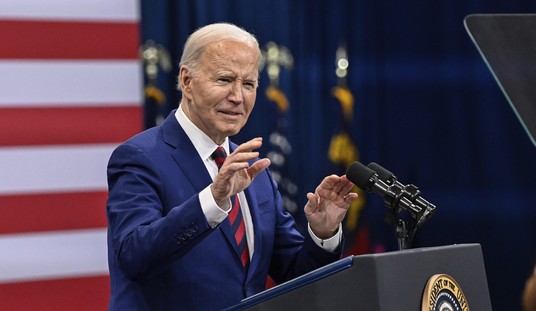The GOP transition period – when the newly-elected Republican majority starts to run the House of Representatives – is like a campfire sing-along, combined with an ongoing public relations party. There’s also the very real possibility that it could actually mean something.
The process is straightforward: when newbie Congressmen get to Washington, there’s a lot of sorting-out to do. They need to figure out which Member gets which office, make sure the tallest staffer doesn’t get the shortest desk, and make sure the Member doesn’t get lost going to the restroom, among other things. “There’s a lot of paperwork they have to do,” according to Brian Darling, director of government relations at the Heritage Foundation.
There’s also the business of reaffirming things that Democrats spat all over during their time controlling the House: things like “proper oversight” “greater transparency” and “increasing efficiency.” Very important intentions can be declared, like whether bills will be written by the Speaker only, or if everyday Members will have a say in authoring them. The GOP transition team has talked about putting a camera in the Rules Committee, which is the only committee that doesn’t have a camera in it besides the intelligence committee. The Rules Committee could have a hand in taking apart Obamacare, so a camera would be nice to see if they’re actually making progress.
The fact is, however, that these things are simply declarations of intent until they are put into practice. Until a bill is actually authored by someone other than the Speaker, Republicans are really only talking about it. Until a camera is actually installed in the Rules Committee, it’s just a lot of talk.
That talk can certainly be important. The GOP transition team has declared its intention to make bills available for 72 hours before they are voted on – the same thing that President Obama did when he was elected. The President clearly failed to do this. Now, though, the GOP knows what kind of fire it will face if they fail as well. Just before the election, likely Republican Speaker John Boehner spent forty-five minutes at the American Enterprise Institute detailing his commitment to standards, accountability, and efficiency in the new Congress.
Recommended
“No exceptions. No excuses,” he said. It’s clear that the Members who sit on the House GOP Majority Transition Team are just as committed.
“House rules will be changed to make it harder to increase spending and easier to cut it, so that we begin a new era of fiscal responsibility in Washington,” said Christopher Bognanno, the communications director for Rep. John Campbell (R-Calif.), who sits on the Floor, Committee, and House Schedule working group. “There will be an end to the practice of passing ‘comprehensive’ or ‘omnibus’ bills that package unrelated legislation together in an effort to avoid public scrutiny.”
In other words, there won’t be any 3,000 page bills, at least none with the variety of earmarks and unrelated items that you could find in the last Congress. But tacking unrelated bits of legislation on to large omnibus bills is the way most things get passed in Congress. How will the Little League Team of Little Limmy be rewarded for their county-wide championship game? How will the lobbyists shove through regulations for the American Association of Gastroenterologists?
Right now, it’s almost as if Members on the Majority Transition team aren’t even aware of those kinds of pressures. Instead, it’s all “transparency,” “accountability” and “cost-effective government.”
"The House Operations Working Group is focused on finding ways to cut costs in congressional operations,” said Jocelyn Rogers, the press secretary for Rep. Tom Cole (R-Okla.), who is co-leader of that working group. “As the transition team moves forward, I think the American people will see that we share their concerns and are committed to making important, substantial reforms to the way Congress is run."
“Congresswoman Capito will be the first one to say that Republicans need to—and will—live up to their promises of creating a more transparent, accountable and cost-effective government,” said Jamie Corley, the press secretary for Rep. Shelley Moore Capito, who is the co-leader of the Floor, Committee, and House Schedule working group.
They’ve got two years to follow through.

























Join the conversation as a VIP Member